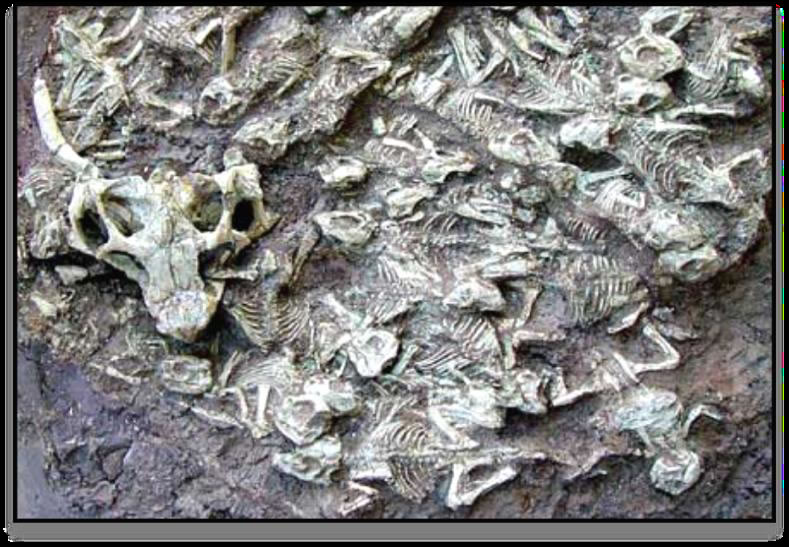Graduate Studies in Geobiology

Applying for Graduate School: A Primer
The purpose of this primer is to provide an overview of how to apply for acceptance into the Master of Science (M.S.) and Doctor of Philosophy (Ph.D.) graduate degree programs in the geobiology area of specialization in the Department of Earth Sciences at Montana State University. In addition, it answers some of the most commonly asked questions concerning application and admission to the Earth Sciences graduate program in the geobiology track. The most important step in the application process is to determine, prior to applying, the faculty member whose research interests most closely match the research area you would like to pursue in graduate school. Because final acceptance is determined by the individual faculty advisors, it is important that you establish contact with your potential advisor to determine if they are accepting new graduate students for the year you wish to enter the program and to discuss mutual research interests prior to applying. More information about the Department of Earth Sciences geobiology faculty and their research programs is available on the Department website.
I want to do paleontology research, so do I have the same requirements?
Yes you do. The Department does not make any distinction between geobiology, geology and paleontology in terms of requirements for acceptance into the graduate program. Substantial undergraduate training in a geology, biology (or closely related) curriculum is required of all successful applicants into the graduate program for Earth Sciences. Paleontology research in the Department is strongly field-based and requires a strong foundation of geological knowledge.
Does the Department require a preliminary application?
No, the Department of Earth Sciences does not require a preliminary application. We do however strongly suggest that you contact the faculty member(s) with whom you would like to work prior to applying.
What are the required components of the application?
As described on the College of Graduate Studies Web Page, the application for admission to the Graduate College includes a completed application form, official transcripts from all undergraduate institutions attended, a statement of intent, and three letters of recommendation from persons qualified to assess your potential for success in graduate school. The graduate program overview page provides a detailed checklist of required application items.
Do I have to take the Graduate Record Examination (GRE)?
No, applicants are not required to take the GRE.
What are the application requirements for foreign students?
The application process for foreign students is the same as it is for domestic students. In addition the standard application, foreign students from many countries are required to submit test scores exhibiting English language proficiency and a financial statement in addition to the standard application. The Graduate School provides details concerning Graduate College requirements for foreign student applications.
What can I do to strengthen my application?
Acceptance into the geology component of the Earth Sciences graduate program is highly competitive. The strongest applications have a relatively high GPA (above 3.0) and strongly supportive letters of recommendation. In addition, a clearly articulated statement of intent focused on career goals and research interests rather than recreational opportunities afforded by living in southwest Montana is highly recommended. We recommend you reach out to potential advisors early.
Who do I contact with questions concerning the application process?
In addition to the information provided in this primer, you will find a detailed description of the application process at the College of Graduate Studies web site and the Department of Earth Sciences web page for prospective students. It is strongly recommended that you review the information provided at these sites in detail. If you have questions concerning the receipt of your application materials, you may contact the Department via email at [email protected] or by phone at (406) 994-3331.
